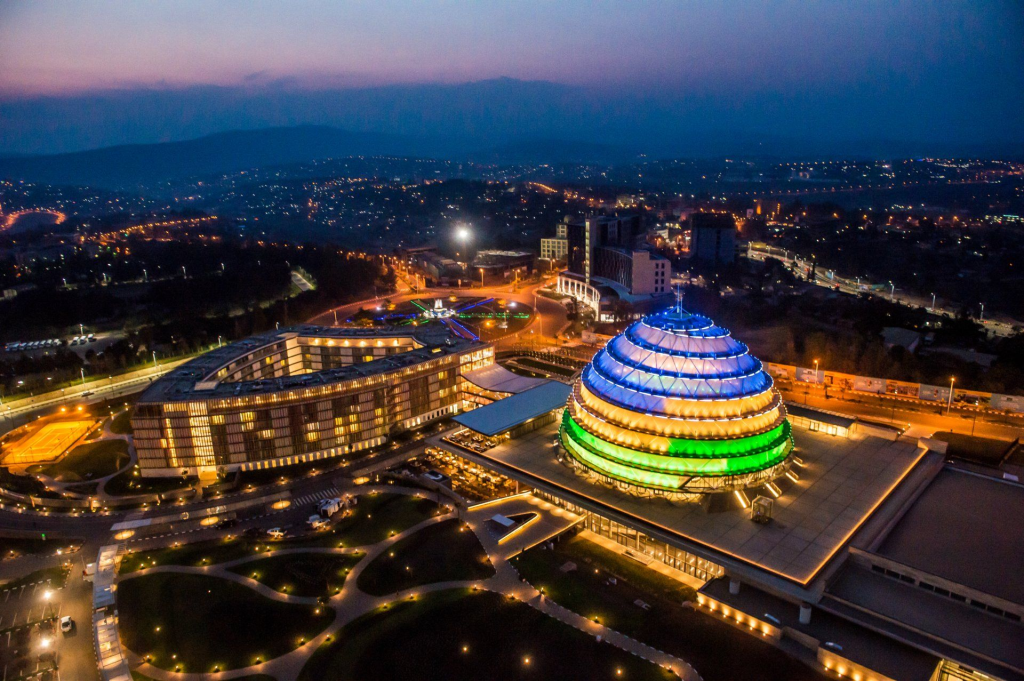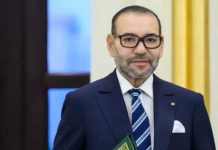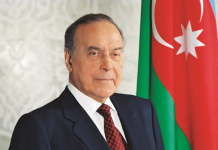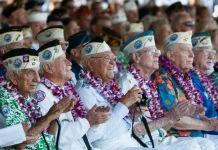Islamabad — Rwanda today commemorated the 31st anniversary of Liberation Day, known locally as Kwibohora 31, marking more than three decades since the end of the 1994 Genocide against the Tutsi and the beginning of a new era of peace, unity, and national rebuilding.

The official ceremonies took place at Amahoro Stadium in Kigali, attended by President Paul Kagame, senior government officials, members of the Rwanda Defence Force (RDF), foreign dignitaries, and thousands of citizens. This year’s theme, “Our Liberation, Our Dignity, Our Choice”, reflects Rwanda’s continued journey toward self-reliance, inclusive development, and regional leadership.

A Day of Remembrance and Pride
Liberation Day marks the historic moment on July 4, 1994, when the Rwandan Patriotic Army (RPA), the armed wing of the Rwandan Patriotic Front (RPF), brought an end to one of the darkest chapters in human history. After 100 days of unimaginable horror in which over one million people were killed, the RPA’s victory was not just military—it was moral, as it stopped the genocide when the world failed to act.
Speaking at the national ceremony, President Kagame paid tribute to the fallen heroes of liberation and emphasized the role of Rwandans in shaping the country’s destiny.
“Liberation is not a one-time event. It is a continuous process—of safeguarding our dignity, preserving peace, and building the Rwanda we deserve,” said Kagame. “We chose to unite. We chose to rebuild. And we chose to move forward, together.”
Progress in Every Sector
Since 1994, Rwanda has emerged as one of Africa’s fastest-growing and most stable nations. The government’s emphasis on reconciliation, good governance, gender equality, education, and economic development has transformed the country’s image from a post-genocide state to a model of home-grown solutions and innovation.
Over the past 31 years:
- Extreme poverty has significantly declined.
- Rwanda boasts one of the highest rates of female representation in parliament globally.
- Kigali has gained a reputation as one of the cleanest and safest cities in Africa.
- The country is a hub for ICT, conference tourism, and environmental sustainability.

This year’s celebrations also highlighted the role of youth and future generations in preserving the legacy of liberation. Across the country, communities engaged in Umuganda (community service), cultural events, and dialogues on patriotism, integrity, and accountability.
Regional and Global Solidarity
Messages of solidarity poured in from Rwanda’s diplomatic partners. Ms. Harerimana Fatou, Rwanda’s High Commissioner to Pakistan, delivered a message recognizing the sacrifices of the RPA and the resilience of Rwandans.
“Kwibohora 31 is not only about remembering the past; it is about honoring the courage of those who stood for justice and embracing our collective responsibility to protect that legacy,” she said.
Rwanda’s Liberation Day continues to inspire people across Africa and beyond, reminding the world of the power of resilience, the importance of leadership rooted in service, and the value of never taking peace for granted.
BY: The Times Union








